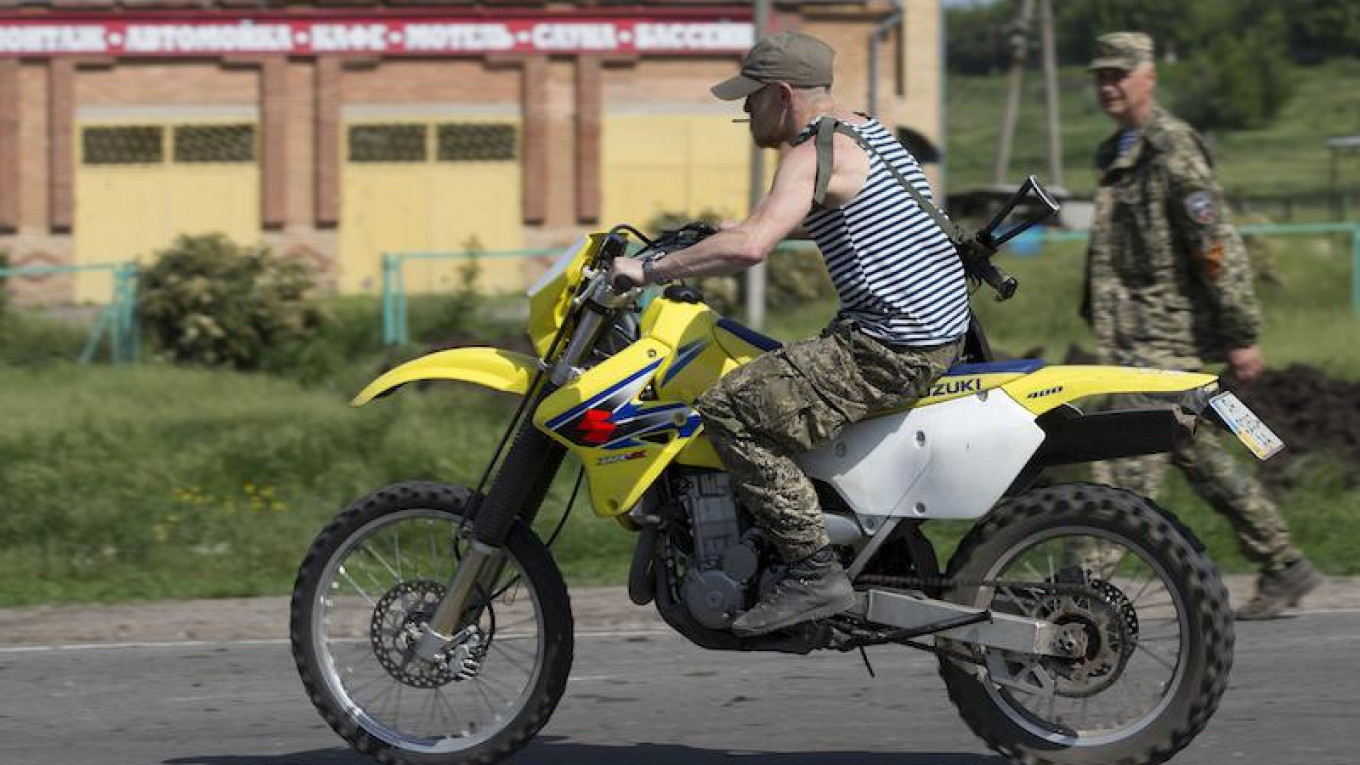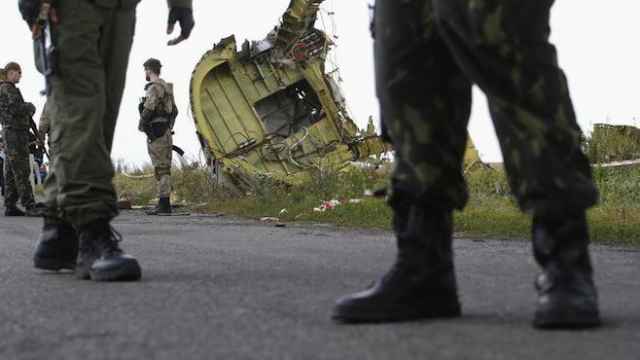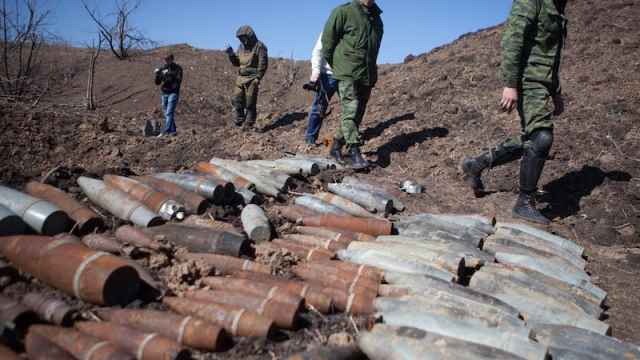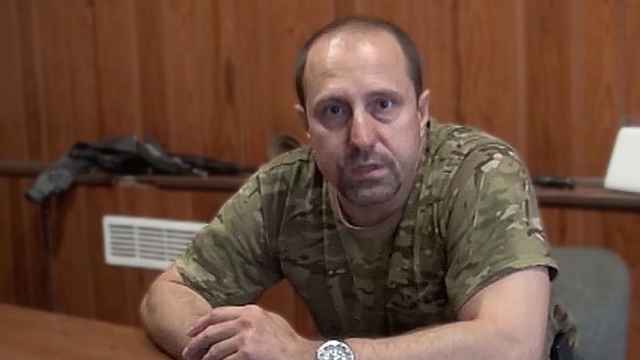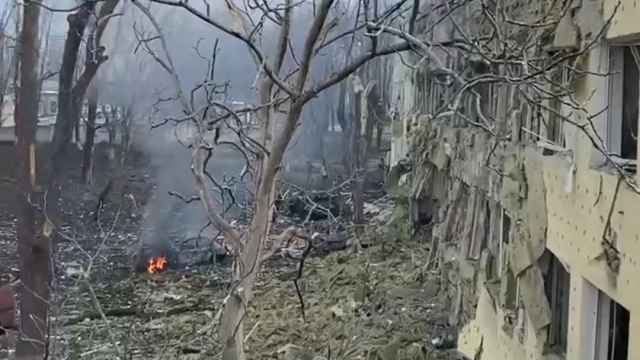Arseny Pavlov, a military commander for the self-proclaimed Donetsk People's Republic (DNR), has been killed in his home in eastern Ukraine.
Pavlov, better known by his call-sign “Motorola,” had led the "Sparta Battalion" against Ukrainian government forces since 2014.
The 33-year-old was killed by a remotely-activated explosion in the lift of his building, the Donetsk Ministry of Defense announced. It described Pavlov's death as “a terrorist act, carried out by Ukrainian special forces.”
Speaking on Sunday night, DNR leader Alexander Zakharchenko said that he had lost a close friend. His statement described Pavlov as a “hero of the republic.”
“We are currently carrying out an
investigation not only to find who planted the bomb, but who ordered the hit.
There will be no mercy. We can assume that [Ukrainian President
Petro] Poroshenko has broken our truce and declared war on us,"
Zakharchenko said.
Motorola is not the first rebel commander to have been killed in mysterious circumstances. Over the past two years, several other deaths have been ascribed to Ukrainian military actions. In most cases, friends, colleagues and relatives have put the blame squarely with rival rebel commanders or Russian security services.
The DNR leader previously accused Kiev of trying to assassinate Pavlov in June, when an explosion took place at a hospital where the rebel commander was receiving medical treatment.
Pavlov, a Russian citizen originally from the northern Komi republic, has been linked to a number of war crimes, namely the execution of
prisoners of war. The commander reportedly confessed to the crime to in a telephone
interview with a Russian reporter in April 2015, where he apparently claimed to have shot 15 captured soldiers.
The Ukrainian conflict
has killed more than 9,300 people since
it began in April 2014. Almost
one and a half million people have left their homes as a result of
the conflict, according to the Parliamentary Assembly for the Council of Europe.
A Message from The Moscow Times:
Dear readers,
We are facing unprecedented challenges. Russia's Prosecutor General's Office has designated The Moscow Times as an "undesirable" organization, criminalizing our work and putting our staff at risk of prosecution. This follows our earlier unjust labeling as a "foreign agent."
These actions are direct attempts to silence independent journalism in Russia. The authorities claim our work "discredits the decisions of the Russian leadership." We see things differently: we strive to provide accurate, unbiased reporting on Russia.
We, the journalists of The Moscow Times, refuse to be silenced. But to continue our work, we need your help.
Your support, no matter how small, makes a world of difference. If you can, please support us monthly starting from just $2. It's quick to set up, and every contribution makes a significant impact.
By supporting The Moscow Times, you're defending open, independent journalism in the face of repression. Thank you for standing with us.
Remind me later.


